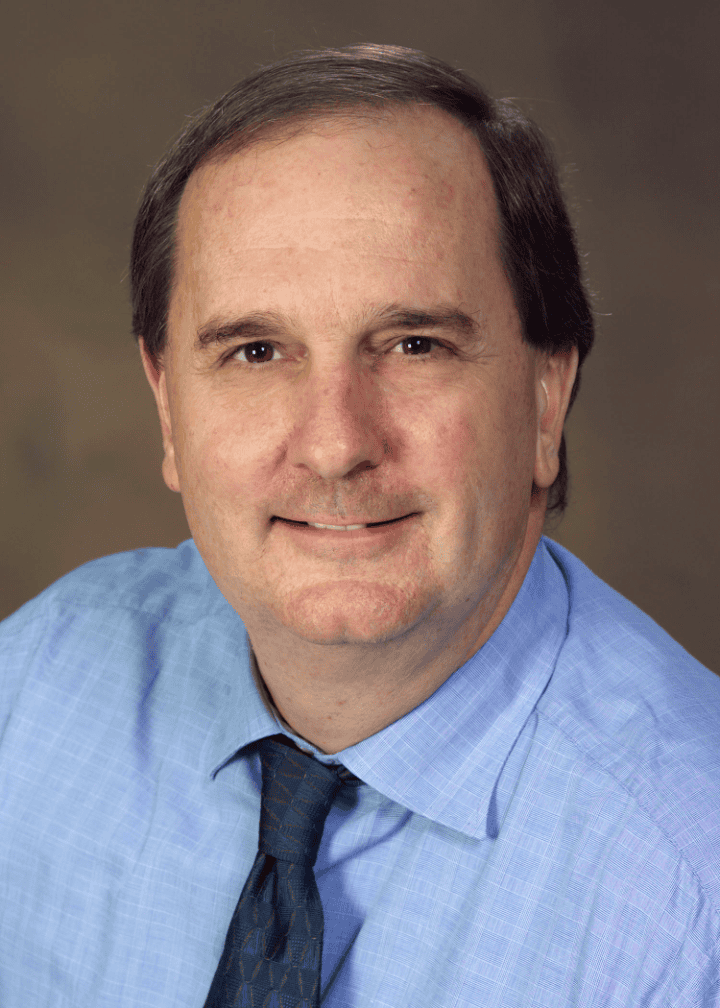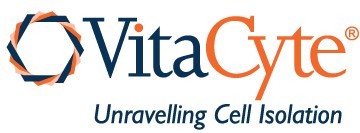60th Anniversary of Martin Rodbell's Seminal Publication
Thursday, September 26, 2024 | 11 AM ET
Presented by
Stuart K. Williams, PhD
In March 1964, Martin Rodbell reported that rat adipocytes isolated by digesting minced parametrial fat (fat around the uterus) using collagenase responded to externally delivered hormones. The digested adipose tissue was separated into 2 populations using centrifugation: a floating cake of adipocytes and a pellet he identified as stromal vascular cells. In 1975, Roger Wagner published a paper evaluating the cell population in the stromal vascular cell population and modified the Rodbell technique to capture a population of cells he termed capillaries. Since these seminal studies, > 5,000 publications have utilized techniques for cell isolation from fat.
This presentation will explore the evolution of methods for isolating adipocytes and adipose-derived stromal vascular fraction (ADSVF) cells. Factors responsible for the variability in ADSVF cells include species and anatomic differences in fat tissue, mincing, tissue dissociation enzymes, agitation, filtration, and centrifugation. Technologies used to characterize the cell population that results from collagenase digestion will also be discussed, including cell counting, viability, and cellular markers. Efforts to standardize isolation and cell characterization will be discussed.
In the near future a second webinar will discuss the derivation of stem and regenerative cells from fat and the clinical use of these cells to address obesity, diabetes, cancer, cardiovascular disease, wound healing, inflammation, and regenerative medicine. Potency, dosing, and cell delivery will also be discussed since these are critical to the clinical acceptance of therapy using ADSVF or ADSVF-derived cells.
Meet the Presenter

Stuart K. Williams, PhD
Scottsdale, AZ
cvregen@gmail.com
Dr. Stuart Williams received his Ph.D. in Cell Biology from the University of Delaware, followed by postdoctoral training in Pathology at the Yale School of Medicine. During the period 1980 to 1990 he held a faculty appointment at Jefferson Medical College where he was Director of Research in the Department of Surgery. In 1990, Dr. Williams joined the faculty at the University of Arizona and founded the University of Arizona Biomedical Engineering Program creating a research and educational link between the Medical School and College of Engineering. He held faculty positions jointly in Biomedical Engineering, Surgery, Physiology, and Materials Science and Engineering.
In 2007, Dr. Williams was selected as the Scientific Director and then Executive Director of the Cardiovascular Innovation Institute, a partnership between Jewish Hospital and the University of Louisville in Louisville Kentucky. From 2021 to 2023 he served as the executive Vice President of Technology Development at Orgenesis. Dr. Williams’ research interests have focused on medical devices and regenerative medicine. He developed and patented the first methods to use fat-derived stem and regenerative cells for therapeutic use. He established the Bioficial Organs Program to create human tissues and organs for clinical therapeutics. Central to this effort is the use of adipose derived stem and regenerative cells and development of 3D bioprinting technologies. Dr. Williams has authored over 350 scientific publications. His entrepreneurial spirit has resulted in 32 issued US patents with numerous patents pending. He has founded four biotechnology companies; maintained active managerial positions and has been an active consultant to the medical device, regenerative medicine and pharmaceutical community. He is a Fellow of the American Heart Association and a Fellow of the American Institute of Medical and Biological Engineering. Dr. Williams’ primary residence is in North Scottsdale, Arizona.
